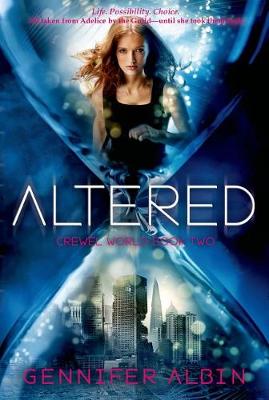
ladygrey
Written on Jan 13, 2020
The pacing really isn’t great. The beginning is mostly short scenes that feel like they end before actually going anywhere. And then there’s weird jumps in the chapters with no transition—like she’s in a garden..... for no reason at all with no one and not going anywhere or waiting on anyone. She’s just there because Albin needed this plot things to happen and had no idea how or what to get from here to there. So let’s just make it a new chapter with no explanation.
Also its missing everything that made the first one fun. There’s no banter with Cormac (or a reasonable facsimile with Kincaid). The first almost two thirds there’s no banter with either Erik or Jost. No relationship dynamic at all with either Erik or Jost or any character arcs. Its all world building and Adelice stumbling through scenes asking questions and learning new things.
Then when she actually starts talking to Erik it gets more interesting. Whatever love triangle Albin’s trying to build there’s always been more substance in Adelice’s interactions with Erik; more of a relaxed and easy dynamic; more fun. This book highlights how little she talks to Jost—there’s kissing and there’s sweeping overviews of “and then we talked about everything that happened the last four scenes” but so little really happens between them on the page, no matter how much Albin tried to tell us is happening in the story.
And so much of this book doesn’t make any sense. The conversations are... off... disjointed.... completely jumbled because the emotional motivation doesn’t make any sense. Like how is that a betrayal by the pool? A secret maybe but how does that secret betray you in any way? Especially when you already knew? And what did you think you were talking about that night? And even before that, why start something you’re going to avoid? It’s a complete mess for the longest time.
Also, they hint at what the Guild does with Tailors and it’s oh so awful. But if you don’t actually give us a hint of exactly what then it doesn’t seem all that bad at all. I liked the time displacement, though, and thought it served the story well. Not just with Dante but with the twist in the world.
Then it recovers. There’s actual conversations between the characters. And most of the emotional motivation makes sense. And the world building is woven with a bit of character dynamics and more interplay between them instead of all the internal monologue. So it ends stronger than it began. Which is better than the other way around and makes it more enticing to dive into the third book.


